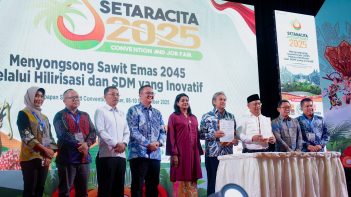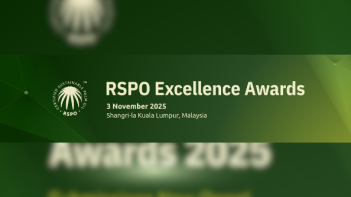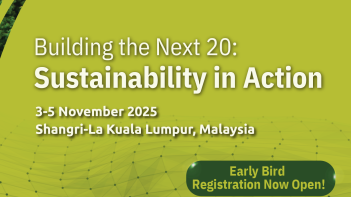In an effort to better understand the effectiveness of the RSPO Greenhouse Gas (GHG) Assessment Procedure for New Development, and to help guide RSPO growers and millers to plan developments in a way that minimises net GHG emissions towards the goal of low carbon development, the RSPO Emission Reduction Working Group (ERWG) recently commissioned a study, Towards Low GHG Emission in New Oil Palm Development – Results of RSPO’s Approach, published in The Planter Magazine in April 2018.
Study covered land based on RSPO’s New Planting Procedure
The study assessed a total of 193,857 hectares of land based on the RSPO New Planting Procedure (NPP, 2015) submitted from 2015 to 2017, of which 34 percent (66,236 hectares) was identified for conservation. Out of the conserved land, 5,641 hectares of peat soil area were identified, and 100 percent of it was conserved.
The reduction of 2 million tCO2eq GHG emissions, equivalent to the annual emission of 300,000 cars, was largely contributed by avoided land clearance, peat avoidance, and sequestration from conservation areas set aside. The study also concluded that new oil palm development of RSPO members within its scope resulted in a net reduction of GHG emissions (-0.31tCO2eq per tCPO).
Study author confirms RSPO’s ‘positive impact’
Authored by Dr. Gan Lian Tiong, Faizal Parish, Henry Cai, and Javin Tan from the RSPO Emission Reduction Working Group (ERWG), the study shows that the RSPO GHG Assessment Procedure is a useful tool to assist growers in achieving low-carbon new oil palm development. Co-author Dr. Gan Lian Tiong who is also the Co-Chair of ERWG said, “RSPO is indeed showing positive impact. This positive impact can be further scaled up, and can play a major role in the mitigation of global climate change if all players in the sector work hand-in-hand in a commensurate effort to realise RSPO’s vision of making the production and use of sustainable palm oil the norm.”
To read the full report, please visit the RSPO Research Library.
Keep reading
RSPO accepted in the Netherlands as a private control system for EUDR

RSPO x JaSPON Conference and Member Engagement Forum 2025 Spotlights Japan’s Sustainability Success and Market Growth
Call for Expression of Interest: Independent Investigation of a Complaint
Call for Expression of Interest: Mexico National Interpretation Task Force for 2024 RSPO Principles and Criteria (RSPO P&C) and Independent Smallholder (ISH) Standard

RSPO–APKASINDO Partnership to Boost Inclusive Growth, Certification, and Market Access for Oil Palm Smallholders

Open Letter to COP30 President: Integrating Forests and Biodiversity: A Policy Central to Paris Agreement Success

Bridging the Auditing Divide: Key Takeaways from the RSPO Assurance Forum 11

Extension of RSPO Excellence Awards 2025 Submission Deadline!





